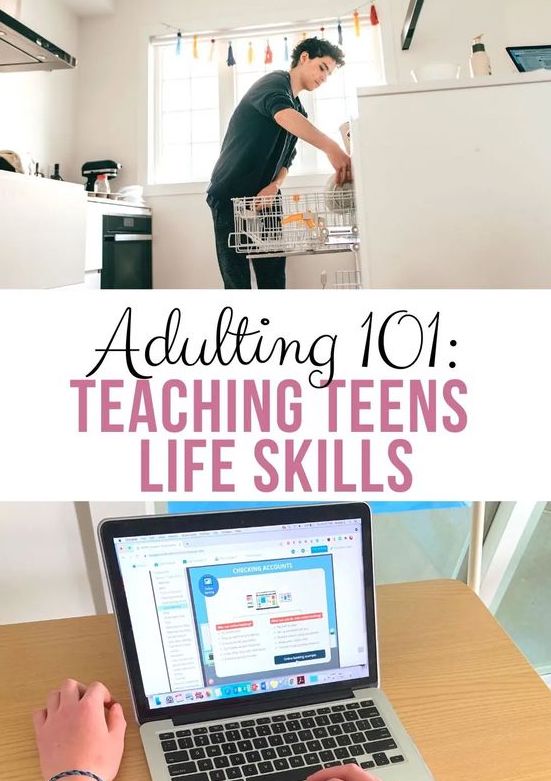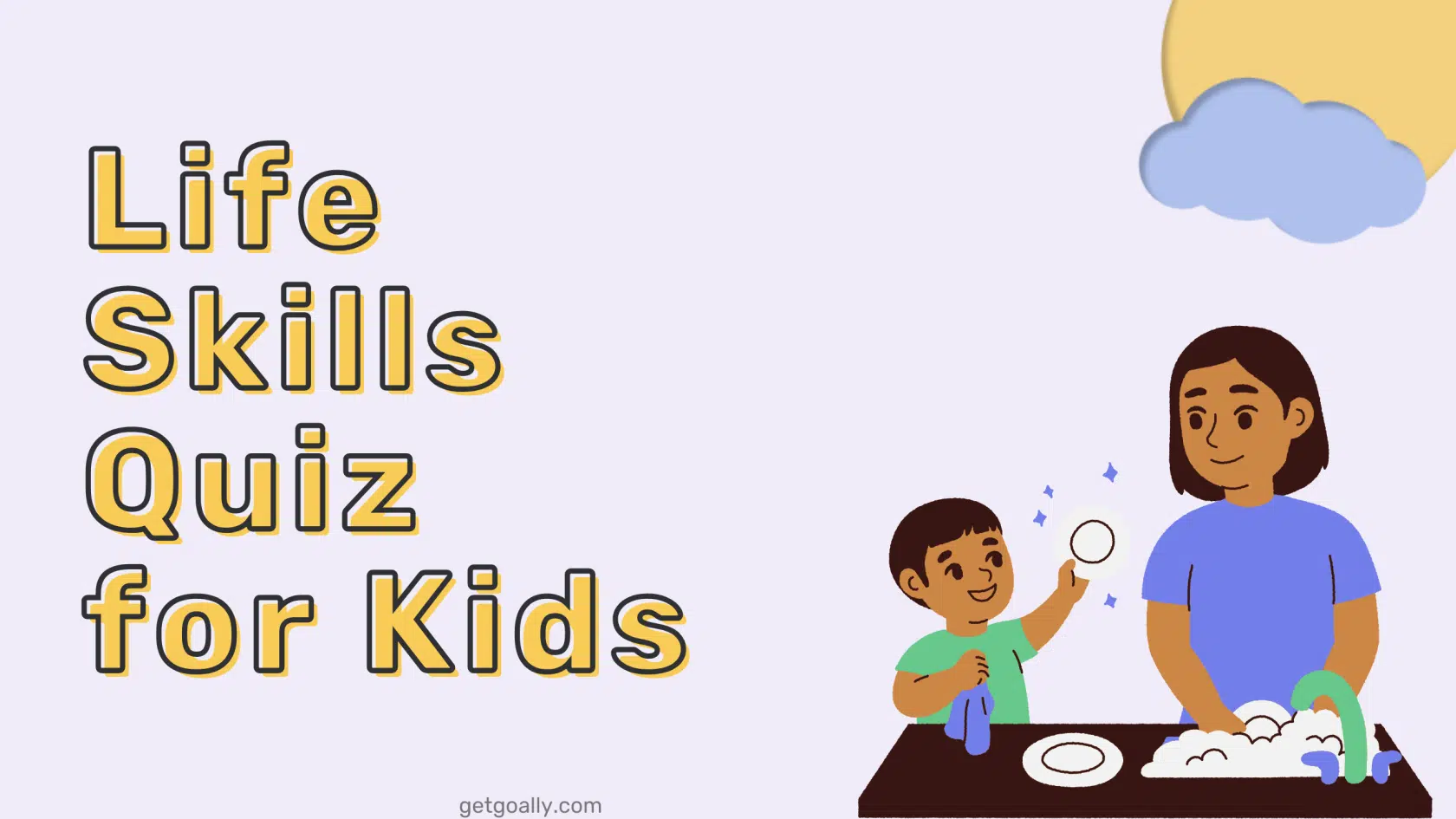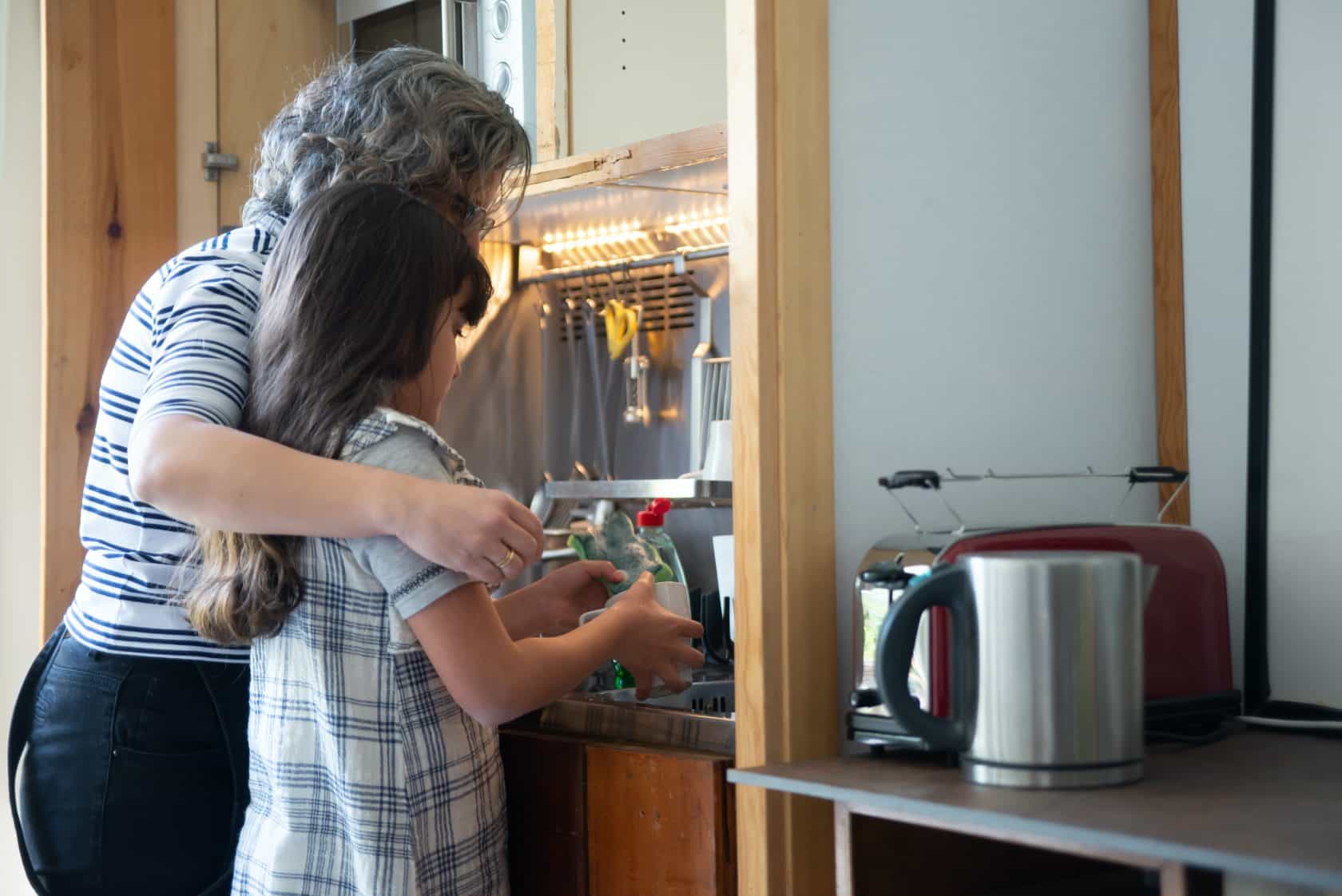Life skills are about putting those practical, everyday skills into practice. It’s about preparing kids to engage with their surroundings and weather life’s highs and lows. Here are some quick examples:
- Personal care: Show your kids how to brush their teeth, tie laces, or use the toilet independently.
- Cooking: Teach them to make a simple sandwich or safely use a microwave.
- Money management: Let’s have them grasp the value of money and the budgeting basics. Think piggy banks and grocery shopping!
- Social skills: Regular playdates can help your child learn to interact, share, and make friends.
And remember, it’s never a race. Kids learn at their own pace. So, taking things slow, making them fun, and celebrating small victories are essential. Tools like Goally can be game changers that actively encourage life skills with reminders and rewards! So, here’s to turning challenges into opportunities, one step at a time!











